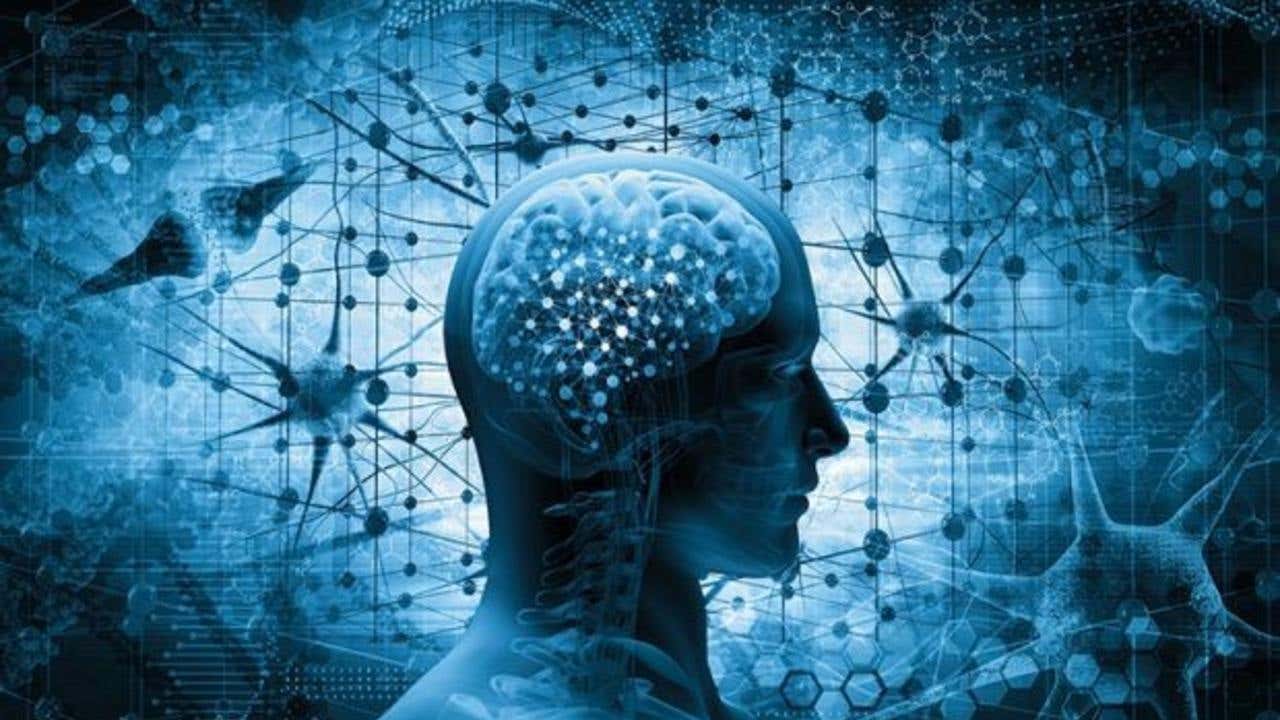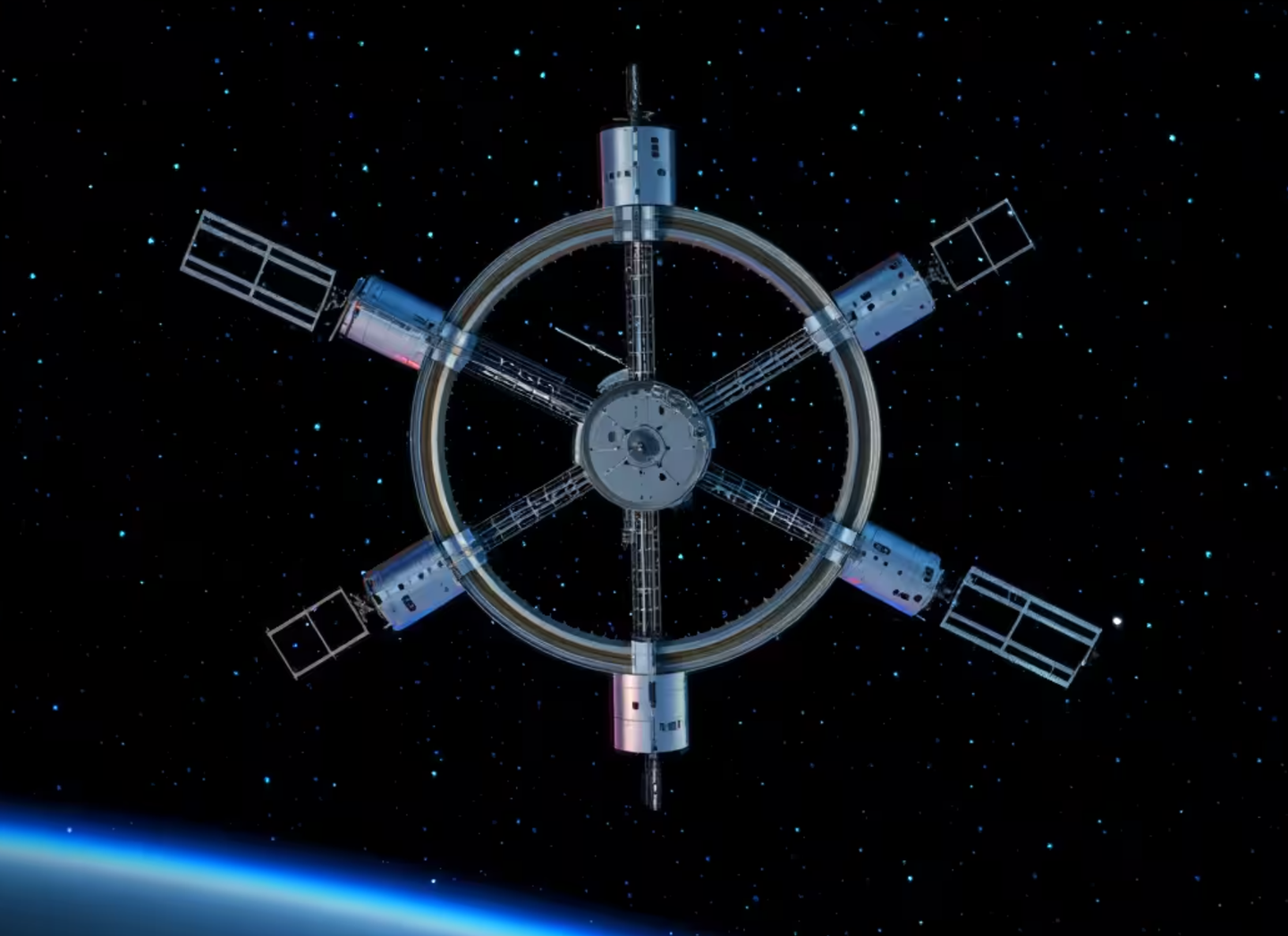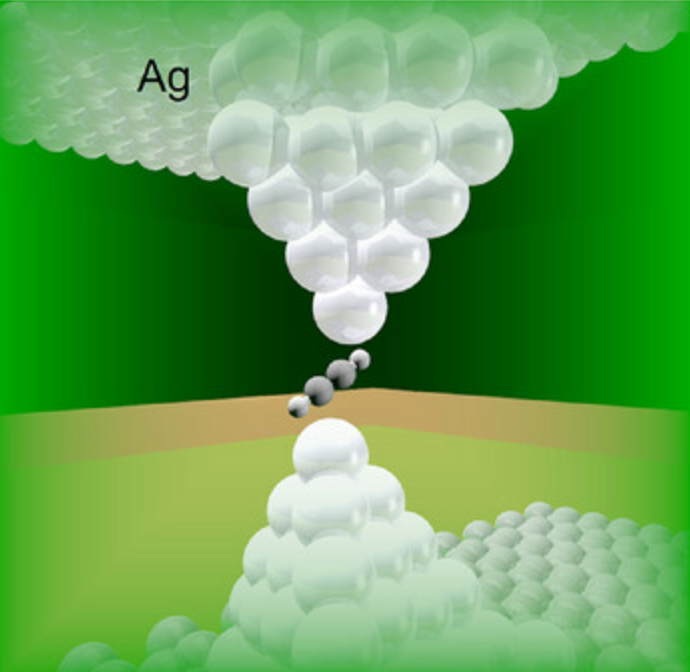First-ever technology allows the brain to function independently from the body
Research achieved a groundbreaking milestone in neuroscience by developing a pioneering device capable of isolating blood flow to the brain

[Dec. 3, 2023: JD Shavit, The Brighter Side of News]
Research achieved a groundbreaking milestone in neuroscience by developing a pioneering device capable of isolating blood flow to the brain. (CREDIT: Creative Commons)
Researchers at UT Southwestern Medical Center have achieved a groundbreaking milestone in neuroscience by developing a pioneering device capable of isolating blood flow to the brain, effectively allowing it to operate independently from the rest of the body for several hours.
The implications of this groundbreaking invention are profound. Not only does it hold promise for revolutionizing our understanding of the brain and its intricate functions, but it could also have far-reaching implications in the development of life-saving medical devices, particularly those associated with cardiopulmonary bypass. The innovative device, successfully tested using a pig brain model, has the potential to offer a unique window into the brain's inner workings, free from the influence of external bodily functions.
A Revolution in Brain Research
Dr. Juan Pascual, the study's lead author and a distinguished figure in the field of neurology, pediatrics, and physiology at UT Southwestern, has spearheaded this research effort. He and his team's groundbreaking work is described in Scientific Reports, showcasing the immense potential of their invention. Dr. Pascual is also a member of the prestigious Peter O'Donnell Jr. Brain Institute at UTSW.
Related Stories
Describing the significance of their discovery, Dr. Pascual stated, "This novel method enables research that focuses on the brain independent of the body, allowing us to answer physiological questions in a way that has never been done before." T
he implications of this achievement are profound, as it offers a unique opportunity to study the brain's behavior, free from the confounding influences of the body's interconnected systems.
The Brain: A Master Controller
The human brain serves as the ultimate control center for a multitude of vital processes, including heart rate regulation, respiratory control, and the sleep-wake cycle. Simultaneously, the brain's functioning is inextricably linked to various factors originating in the body, such as blood sugar levels, blood pressure, and oxygenation. Traditionally, these factors have posed significant challenges for researchers attempting to isolate the brain's responses to specific stimuli or conditions.
Arterial angiograms of chest and head. Thoracic angiogram obtained via brachiocephalic cannulation (a) and extension of the radiographic field to the head (b) to illustrate the arteries derived from the carotids. The position of the balloon catheter is indicated in (a) with a box. (CREDIT: Scientific Reports)
Until now, scientists have lacked the means to separate the brain from the body adequately. Dr. Pascual's innovation promises to change this paradigm.
Isolating the Brain: A Remarkable Achievement
In their groundbreaking research, the team employed an animal model under anesthesia to redirect the brain's blood supply through a specialized pump. This device allowed researchers to maintain or manipulate a wide range of variables, including blood pressure, volume, temperature, oxygenation, and nutrient levels. Astonishingly, brain activity and other critical measurements remained stable over an impressive five-hour period.
The ability to isolate the brain in this manner opens up new avenues for researchers. It empowers them to manipulate various inputs to the brain independently, providing unparalleled insights into how these changes affect brain function without interference from other bodily functions.
For example, Dr. Pascual and his team have already used their system to gain a deeper understanding of the effects of hypoglycemia (low blood sugar) in isolation. Previously, scientists had to induce hypoglycemia through methods like restricting food intake or administering insulin. However, these approaches inherently triggered compensatory metabolic responses in the body, potentially confounding the interpretation of the brain's reactions. With the new device, researchers can directly alter the glucose content in the blood pumped to the brain, allowing for a more precise examination of its response.
Implications for Cardiopulmonary Bypass
Beyond its potential to transform brain research, this innovative device holds promise in the development of advanced medical equipment, particularly in the context of cardiopulmonary bypass. While existing devices replicate some functions of the heart and lungs by continuously delivering oxygenated blood throughout the body, the newly developed device employs a pulsative flow, mirroring the natural rhythm of the human heart.
This key difference could potentially mitigate brain-related side effects that occasionally arise from the use of traditional cardiopulmonary bypass machines. Dr. Pascual noted that their device has already been patented for testing its efficacy in this context, hinting at its potential to improve the safety and effectiveness of these critical medical interventions.
Dr. Pascual's pioneering work represents a significant leap forward in our quest to unravel the mysteries of the human brain and improve the quality of healthcare for all.
Other UTSW researchers who contributed to this study include co-first authors Muhammed Shariff, Visiting Junior Researcher in Neurology, Aksharkumar Dobariya, M.S., Graduate Student Researcher in Biomedical Engineering, and Obada Albaghdadi; Jacob Awkal, B.S., Visiting Junior Researcher; Bret Evers, M.D., Ph.D., Assistant Professor of Pathology and Ophthalmology; Ulrike Hoffmann, M.D., Ph.D., Assistant Professor of Anesthesiology and Pain Management and Neurological Surgery; Vikram Jakkamsetti, Ph.D., Instructor of Neurology; Michael Jessen, M.D., Professor and Chair of Cardiovascular and Thoracic Surgery; Bruce Mickey, M.D., Professor Emeritus of Neurological Surgery; Matthias Peltz, M.D., Professor of Cardiovascular and Thoracic Surgery and Surgical Director of Cardiac Transplant; Cameron Longfellow, Perfusionist; Debra Douglass, Chief Perfusionist; Levi Good, Ph.D., Visiting Senior Researcher in Neurology; Gauri Kathote, Data Scientist in Neurology; Gus Angulo, Research Technician in Neurology; Qian Ma, M.D., Ph.D., Senior Research Scientist in Neurology; Ronnie Brown, Senior Research Associate in Neurological Surgery; Misha Dunbar, DVM, Senior Staff Veterinarian; John Shelton, Lab Manager; and Sourav Patnaik, Senior Biomedical Engineering Specialist.
Note: Materials provided above by The Brighter Side of News. Content may be edited for style and length.
Like these kind of feel good stories? Get the Brighter Side of News' newsletter.



